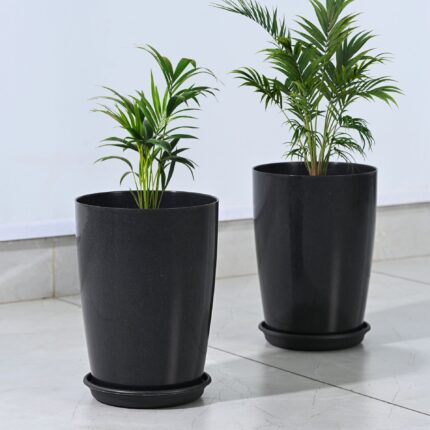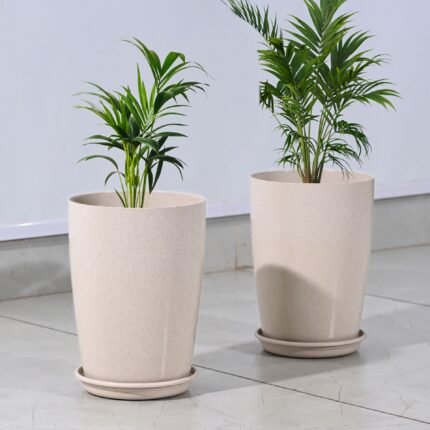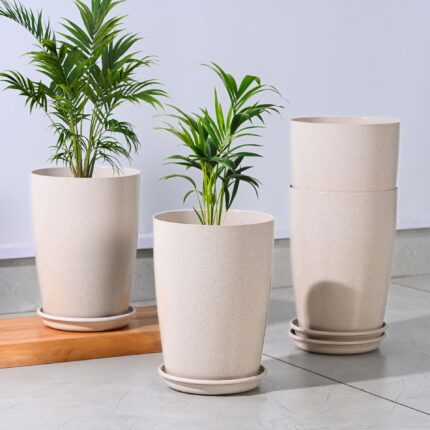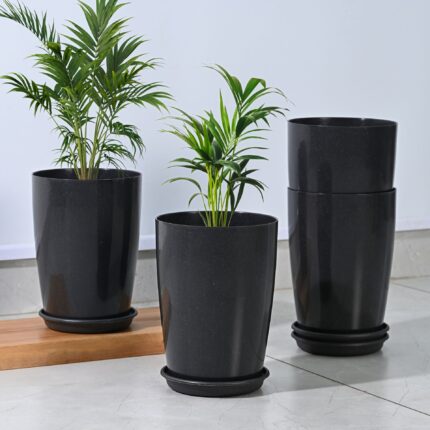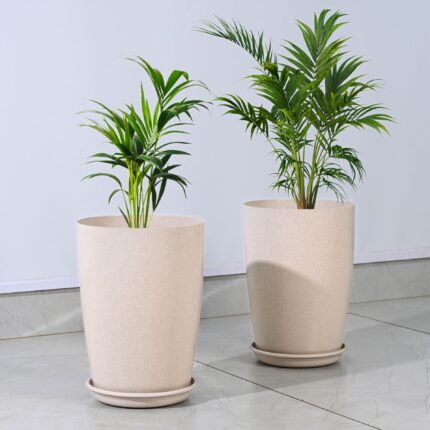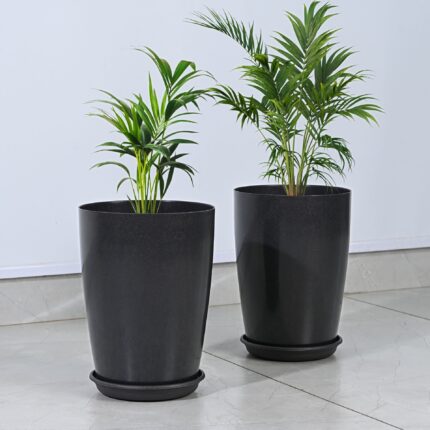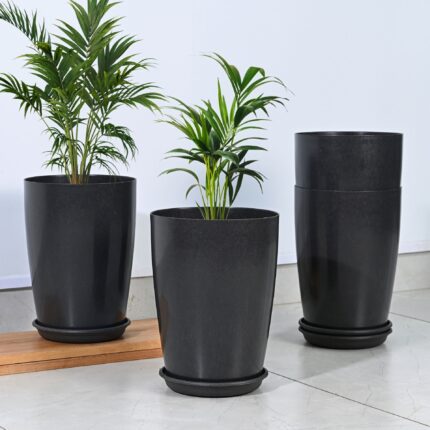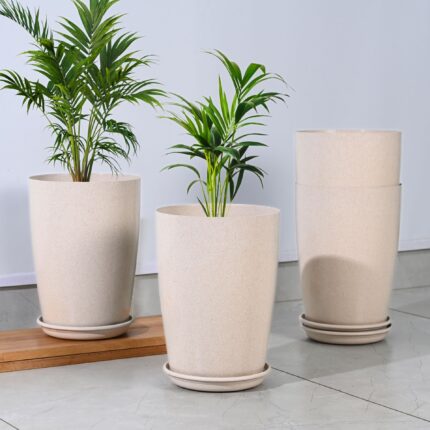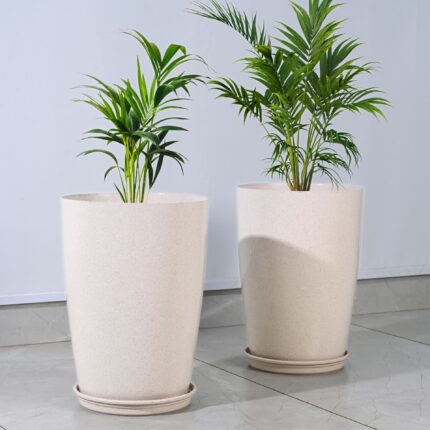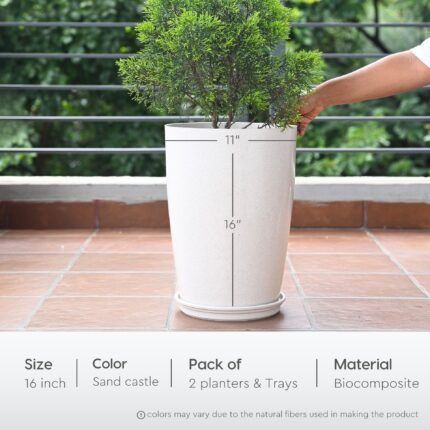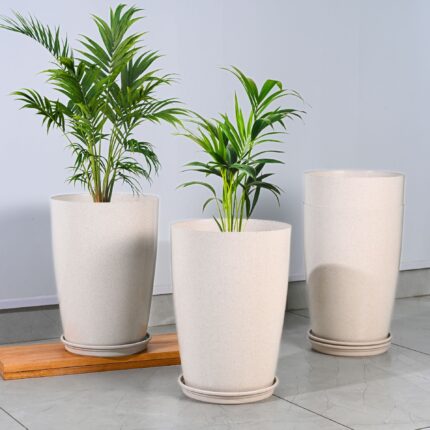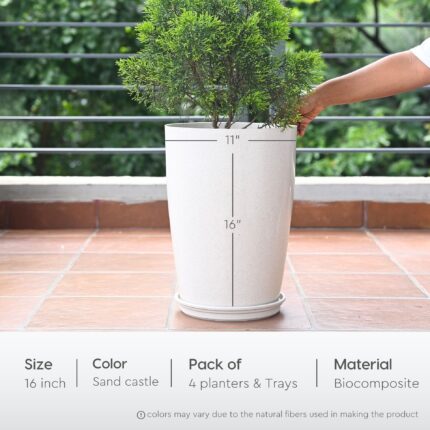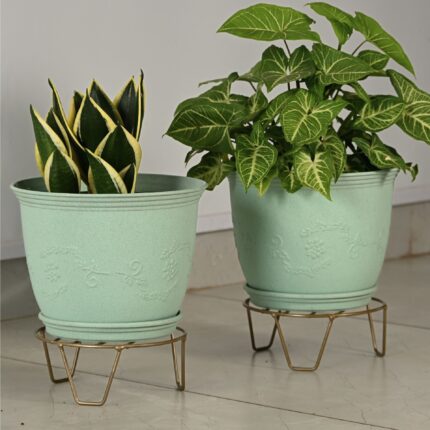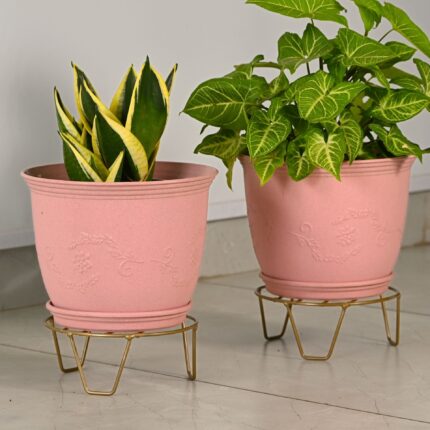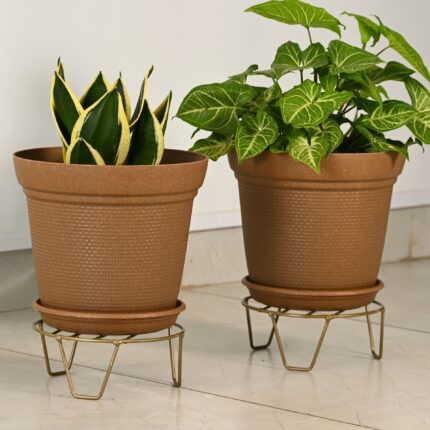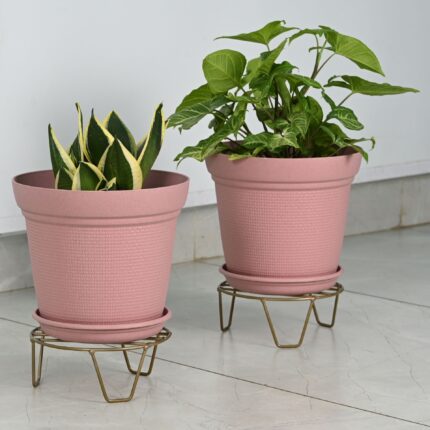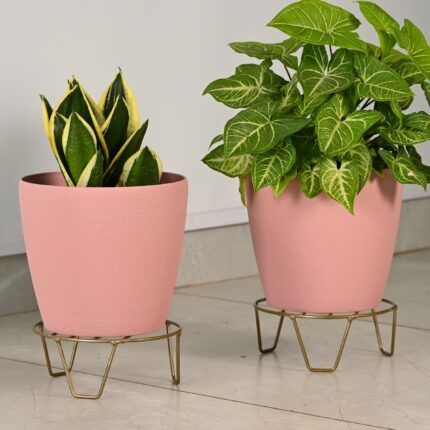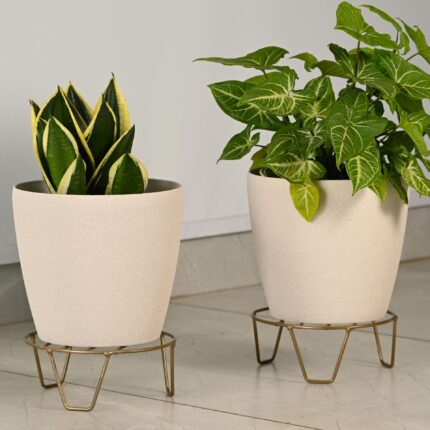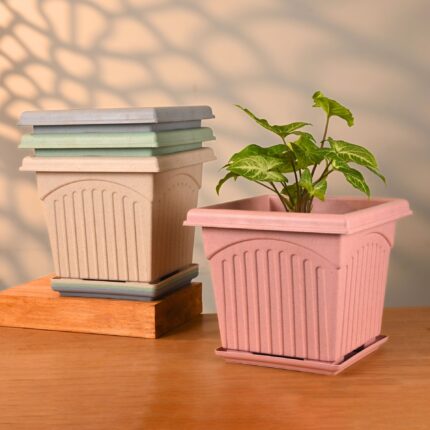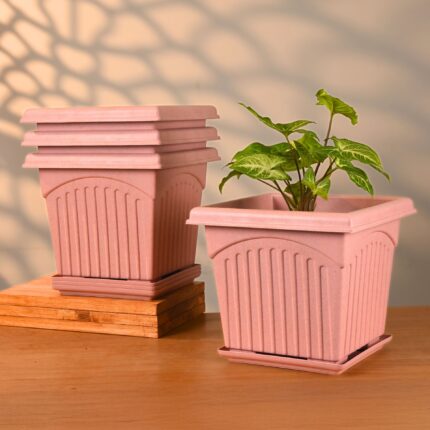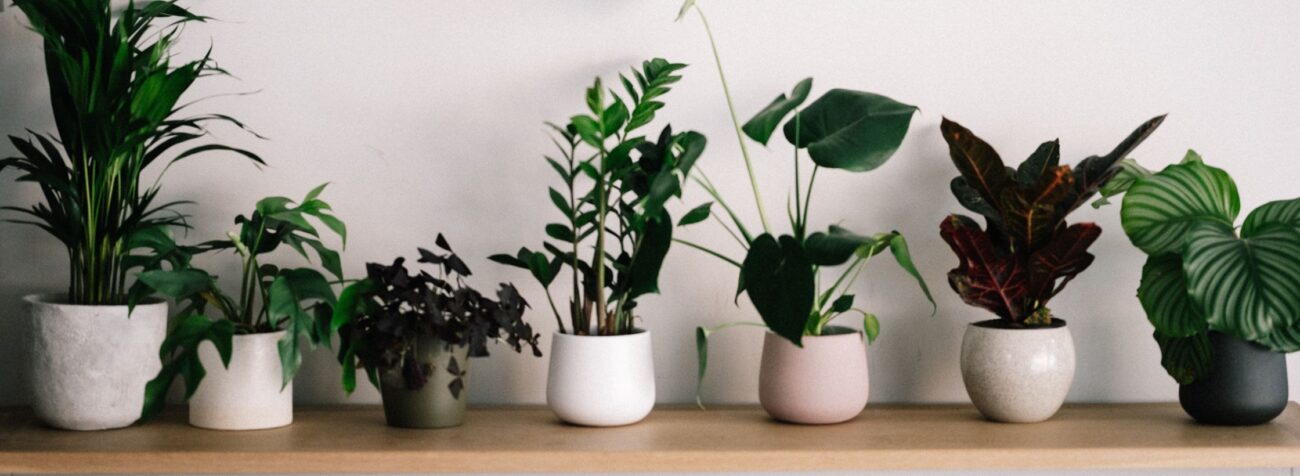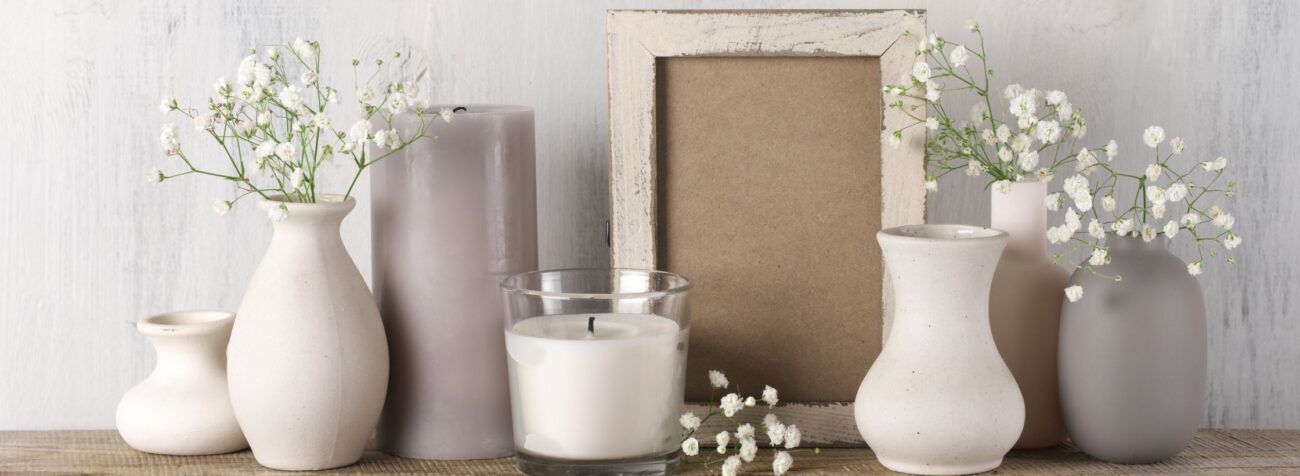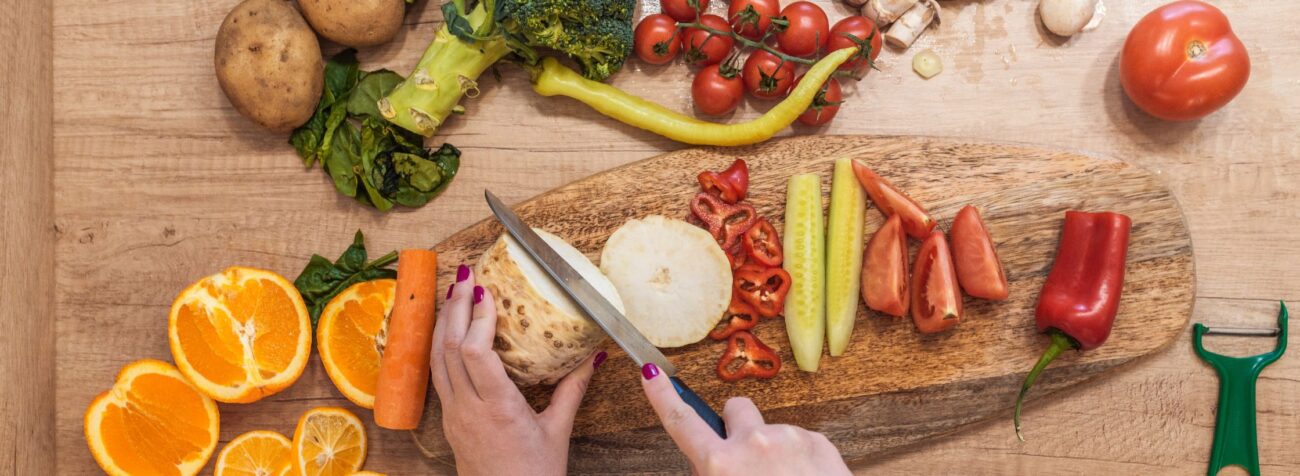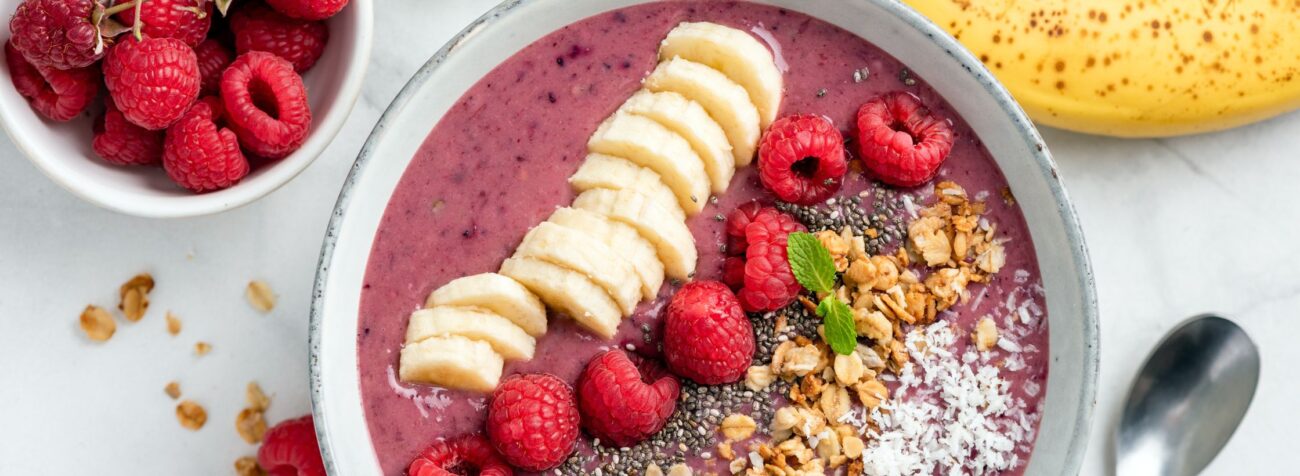Gardening for Good: Growing Your Own Food and Reducing Your Footprint
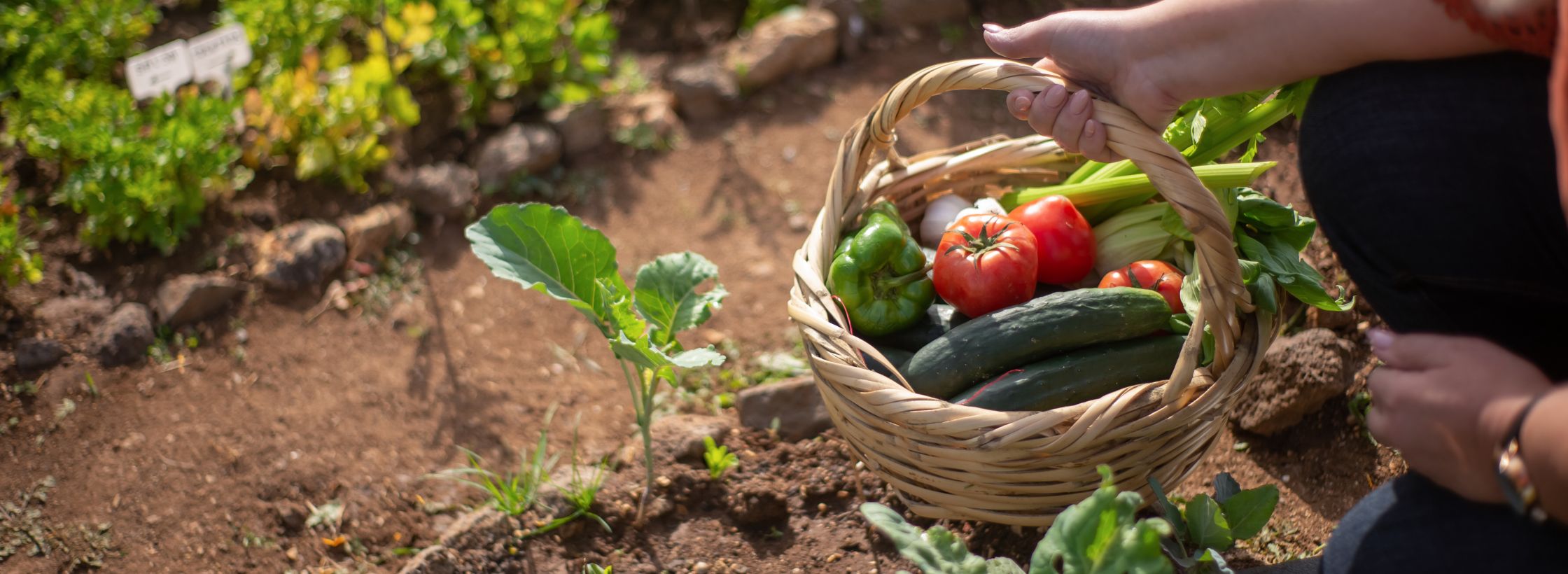
Gardening for Good: Growing Your Own Food and Reducing Your Footprint
Gardening, a timeless pursuit, offers both a tranquil escape and a powerful way to connect with nature while contributing to a healthier planet.
Ever opened your fridge only to find that the “fresh” veggies you bought just a couple of days ago are already looking sad? Or perhaps you’ve wondered where your food actually comes from, and how many miles it’s traveled to get to your plate? In today’s fast-paced world, it’s easy to feel disconnected from our food, and sometimes, even a little guilty about the waste we generate. We hear so much about sustainability, and it can feel overwhelming, right?
At eha, we believe in simple, impactful solutions. And one of the most rewarding, hands-on ways to make a difference is by embracing gardening. It’s not just a hobby; it’s a powerful act of growing your own food that benefits both you and the planet. Let’s dig into how a little bit of green in your life can significantly help in reducing your carbon footprint.
The Green Revolution in Your Backyard: Why Gardening Matters
Think about it: when you buy produce from a supermarket, it’s often traveled hundreds, sometimes thousands, of kilometers. This “food mileage” contributes significantly to greenhouse gas emissions from transport. Plus, there’s packaging, refrigeration, and all sorts of resources used along the way.
By diving into gardening, even if it’s just a few pots on a balcony, you’re directly cutting down on all that. You’re getting fresh, healthy produce with zero food miles, zero plastic packaging, and a whole lot of satisfaction. It’s a direct form of climate action that puts you in control.
Getting Started: Easy Ways to Begin Your Gardening Journey
You don’t need a huge plot of land to start. Many of us in bustling cities like Bengaluru are making the most of small spaces. Here are some simple steps:
Balcony or Terrace Gardens: Herbs like mint, coriander, basil, and chilies thrive in pots. Cherry tomatoes, spinach, and even small varieties of brinjal or capsicum can do surprisingly well in larger containers.
Window Sills: Perfect for microgreens or small herb pots. They get good light and are easy to tend to.
Community Gardens: If you’re lucky enough to have access, these are fantastic for larger-scale gardening and sharing knowledge with fellow enthusiasts.
The Right Tools for a Sustainable Start
Choosing the right products for your gardening journey can further help in reducing your carbon footprint.
Pots and Planters that Last: Instead of flimsy plastic, opt for durable, eco-friendly options.
-
- Terracotta Pots: These breathable, natural pots are classics for a reason. They’re great for most plants and, being made from clay, are biodegradable at the end of their very long life.
- Ceramic Planters: Beautiful and robust, ceramic pots can last for decades. Look for those made with lead-free glazes.
- Fabric Grow Bags: Made from recycled PET bottles or other durable fabrics, these are lightweight, promote good drainage, and are perfect for terraces. They also represent a clever form of upcycle.
- Compost Bins for Kitchen Waste: This is a game-changer! Instead of sending food scraps to the landfill (where they produce methane, a potent greenhouse gas), turn them into rich compost for your plants. Small countertop composters are available, making it easy to close the loop in your kitchen. This is a core principle of the circular economy.
Beyond the Harvest: Growing Your Own Food’s Wider Impact
The benefits of growing your own food extend far beyond just having fresh produce.
Water Conservation: When you garden, you become intimately aware of water usage. Many urban gardeners collect rainwater or reuse “grey water” (like water from rinsing vegetables) for their plants, directly conserving resources.
Reduced Chemical Exposure: You control what goes into your garden. No harmful pesticides or synthetic fertilizers, meaning healthier food for you and a healthier ecosystem for beneficial insects.
Local Ecosystem Support: Your garden, even a small one, provides a mini-habitat for pollinators like bees and butterflies, which are crucial for our ecosystem’s health.
Connecting with Nature: There’s something incredibly therapeutic about tending to plants. It’s a mindful activity that helps reduce stress and brings you closer to nature, right in your own home. It’s a gentle reminder of our connection to the Earth.
From Garden to Table: Sustainable Lifestyle Products
The journey from growing to eating is where our products really shine. We love seeing how our items fit seamlessly into a sustainable lifestyle.
Tableware for Your Harvest: Imagine harvesting fresh greens and serving them on beautiful bamboo fibre plates. These biomaterials reduce the reliance on virgin plastics and promote a green economy. Our range includes bowls, plates, and cups made from upcycled rice husks – a perfect example of turning agricultural waste into durable, elegant products.
Smart Storage for Your Produce: Keep your homegrown veggies fresh longer with breathable cotton mesh bags instead of plastic wraps. For longer storage, our stainless steel containers are durable, non-toxic, and reusable endlessly, truly helping in reducing your carbon footprint from food waste and packaging.
Gifting Green: Want to inspire someone else? A small terracotta planter with a seed packet, or a beautiful ceramic mug that encourages daily reuse, makes for a thoughtful, impactful gift. This promotes climate action through shared sustainable practices.
The Power of “Reuse” and “Upcycle” in Gardening
This is where the magic of innovation and creativity truly comes alive.
Upcycled Planters: Old tires, plastic bottles, even discarded buckets can be given a new life as planters. Just make sure they’re cleaned properly and have drainage holes. This is a fantastic way to upcycle materials that might otherwise end up in landfills.
Seed Saving: One of the most satisfying aspects of growing your own food is saving seeds from your best plants. This not only saves money but also helps adapt plants to your specific climate over time, building resilience.
Composting with “Waste”: As mentioned, kitchen scraps, yard trimmings, even old newspaper can all be composted. It’s a prime example of the circular economy in action, turning what was once considered waste into valuable soil amendment.
Our Commitment: Beyond Just Products
At eha, our commitment to sustainability goes beyond just offering great products. We believe in fostering a community that values the planet. We ensure our products, from their sourcing to packaging, contribute positively to the environment. Our tableware, storage solutions, and pots and planters are designed to be durable, reusable, and as eco-friendly as possible. We actively seek out biomaterials and support fair trade practices because a truly green economy is one that benefits everyone.
So, go on, give gardening a try! Even a small start can bring immense joy and a tangible sense of purpose. It’s a step towards reducing your carbon footprint, connecting with nature, and discovering the simple pleasure of growing your own food. Who knows, you might just find your new favourite hobby, and a way to make a real difference, one delicious homegrown tomato at a time. And remember, we’re always here to help you equip your sustainable journey!
Visit eha’s range of sustainable gardenware to choose, made with biocomposite materials using crop-waste such as rice husk, bamboo fibers and coffee husk.
If you are looking at developing new range of earth friendly gifting speak to experts at Mynusco.







